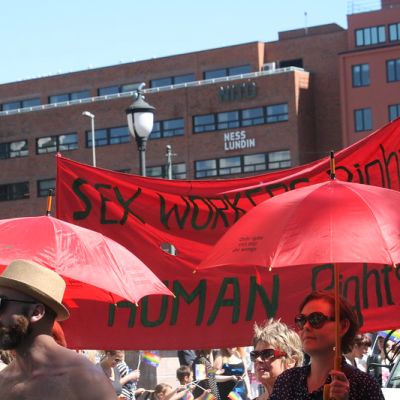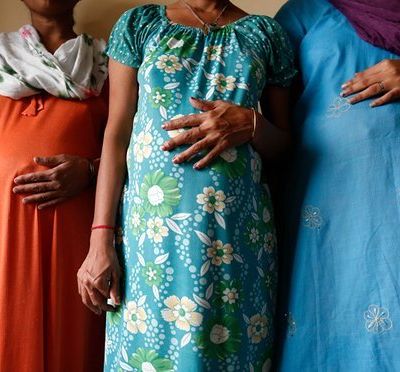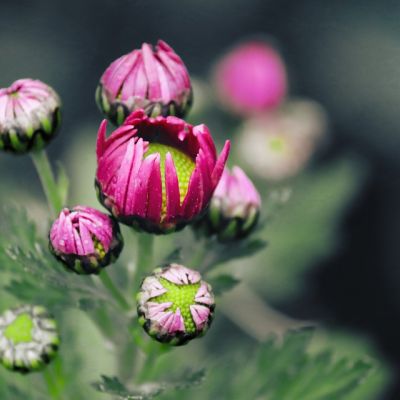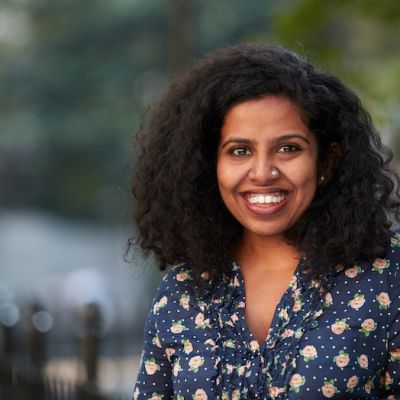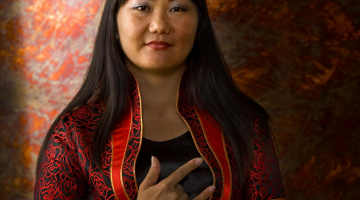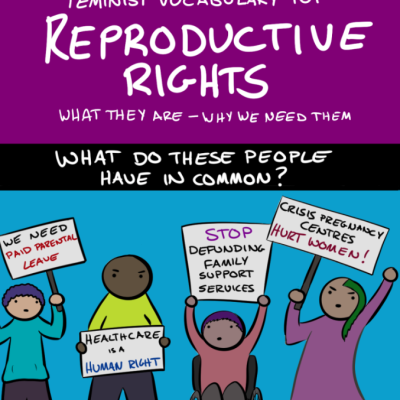Human Rights
Further, the crucial role of sex worker organisations in promoting the rights, safety, and security of sex workers and addressing working conditions in the industry has largely gone unrecognised by national and international policymakers, donors, and some non-governmental organisations
The fight for an end to discrimination and violence against sex workers in Cambodia, as in many other parts of the world, has a long way to go.
How we treat each other in our daily lives informs our feminist praxis. How we fail each other in our daily lives through the use of unkind language, dismissal of mental illnesses, making fun of one’s own choices, disrespecting personal boundaries (and so on), also counter our feminist praxis.
The new proposal to ban commercial surrogacy is essentially a rehash of a bill that was proposed three years ago — the Surrogacy (Regulation) Bill, 2016 — which lapsed when Parliament adjourned without taking the measure for a vote. The Indian minister for health has called the 2019 bill a “need of the hour,” citing a rough estimate that between 2,000 and 3,000 unregulated clinics currently operate in the country.
Parents and significant adults in the lives of the Neelams of the world have been programmed to see age-appropriate sexual behaviour through the very narrow lens of “problems and disorders”. Their engagement of professionals like myself is mostly restricted to seeking to curb in the Neelams what is natural and joyous.
It may be useful to visualise sexual rights as a large tree with deep roots and a vast canopy of leaves. Or as a giant umbrella. Or a big tent. Whatever tickles your imagination and allows you to see it as a conceptual and practical tool to make claims for any aspect that relates to how we express sexuality.
It may be useful to visualize sexual rights as a large tree with deep roots and a vast canopy of…
Rituparna Borah, a queer feminist activist, and a member of Nirantar, Centre for Gender and Education, India sat down with Jasmine George…
Anja speaks with Shikha Aleya about the spread of digital surveillance into almost every aspect of our lives, its implications and what we need to do about it.
Jasmine George is a TEDx speaker, lawyer, and a sexual and reproductive health advocate from India. She is the founder of Hidden Pockets and currently curates conversations around sexuality and other fields. She is passionate about using alternative means in law and technology to explore sexuality
In some of the country’s most conflicted regions, activism on issues of sexuality (if it’s aligned to human rights) is both a risky affair and one of secondary importance in the midst of larger socio-political and historical issues. The topic of human rights tends to center on gun violence, AFSPA, statehood and insurgency.
Disabled folks make up the largest “minority” group that includes the most diversity, and anyone can experience or acquire a disability at any point in their life. And yet even in feminist and social justice spaces, ableism persists.
So while theoretically we should all have the right to make our own decisions about matters to do with our sexuality, have the right to sexual and reproductive health care, the right to love who we want to, and the right to be free from violence and discrimination based on our sexual choices, to name just a few sexual rights, even today many people do not have these rights.
My self-care journey has only just begun and I have a long way to go. I do have bouts of self-doubt, anxiety, and panic, and I still go through periods of feeling overwhelmed. However, more than anything, I have learnt that self-care, for me, is a subversive act, and caring for myself gives me the strength to challenge the status quo and play my part in social justice movements.
Though, in common rhetoric, it is often seen as the right to seek an abortion, it goes much beyond that to encompass a larger ambit of rights, and is applicable beyond simply a heteronormative framework of ‘reproduction’.

